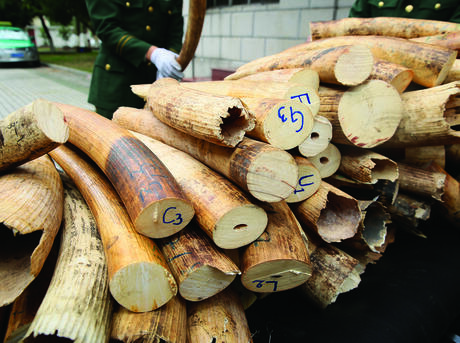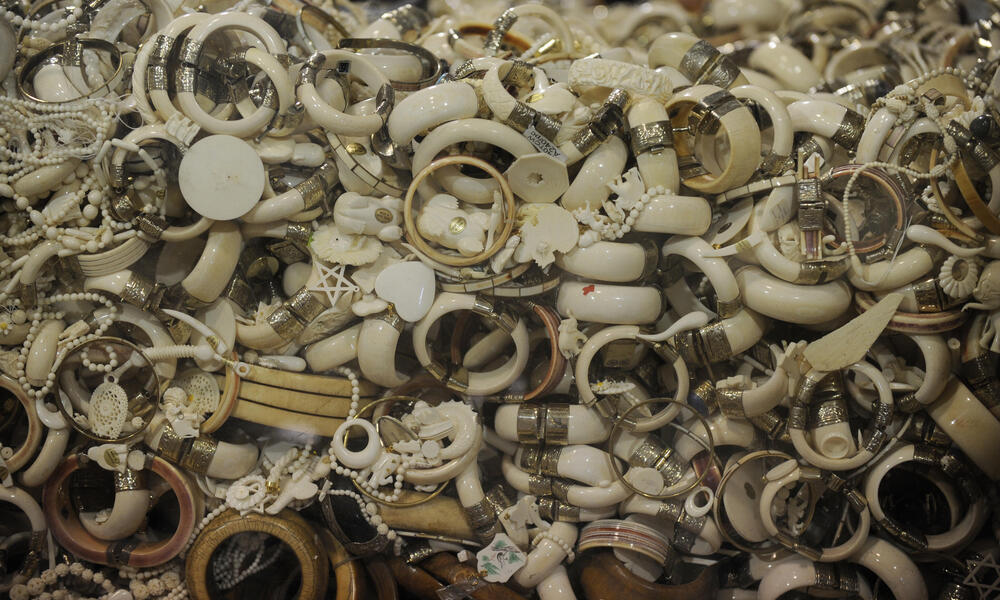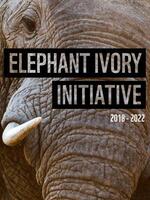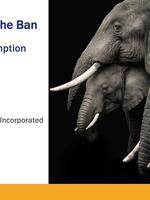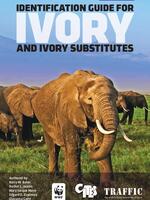Each year, at least 20,000 African elephants are illegally killed for their tusks. A decade-long resurgence in demand for elephant ivory, particularly in parts of Asia, has fueled this rampant poaching epidemic. The elephant ivory trade not only threatens the very survival of this iconic species and causes broader ecological consequences, but also endangers the lives and livelihoods of local people and undermines national and regional security.
Promisingly, a historic opportunity emerged to stop the African elephant poaching crisis: governments inititated concerted action to address this wildlife crime. The United States implemented a near-total ban on elephant ivory trade in 2016, and the United Kingdom, Singapore, Hong Kong, and other elephant ivory markets followed suit. Most significantly, China took the remarkable step of closing its legal domestic ivory market at the end of 2017. Other Asian countries with open elephant ivory trade are under substantial pressure to take action.
WWF and its partners have successfully driven international action at the highest levels that, along with diplomatic and public pressure from all sides, contributed to the game-changing China ban. Now, we are working to ensure the ban is successful by eliminating remaining consumer demand for elephant ivory and black-market sales. A proliferation of trade and demand for illegal elephant ivory outside China could seriously undermine the effectiveness of China's ban.
WWF is addressing the root of the problem by engaging directly with elephant ivory consumers and working with other governments to ensure the imminent closure of open elephant ivory markets, as well as working to understand the underlying motivations of elephant ivory buyers to develop strategies to influence them. Our goal is to create a new social norm that buying illegal elephant ivory products is socially unacceptable.
There is an entirely separate and legal trade of walrus ivory, which is culturally and economically important to Indigenous communities in the Arctic. The sustainable use and sale of walrus ivory by Alaska Native peoples has not had the same negative impacts caused by the illegal trade of elephant ivory.
